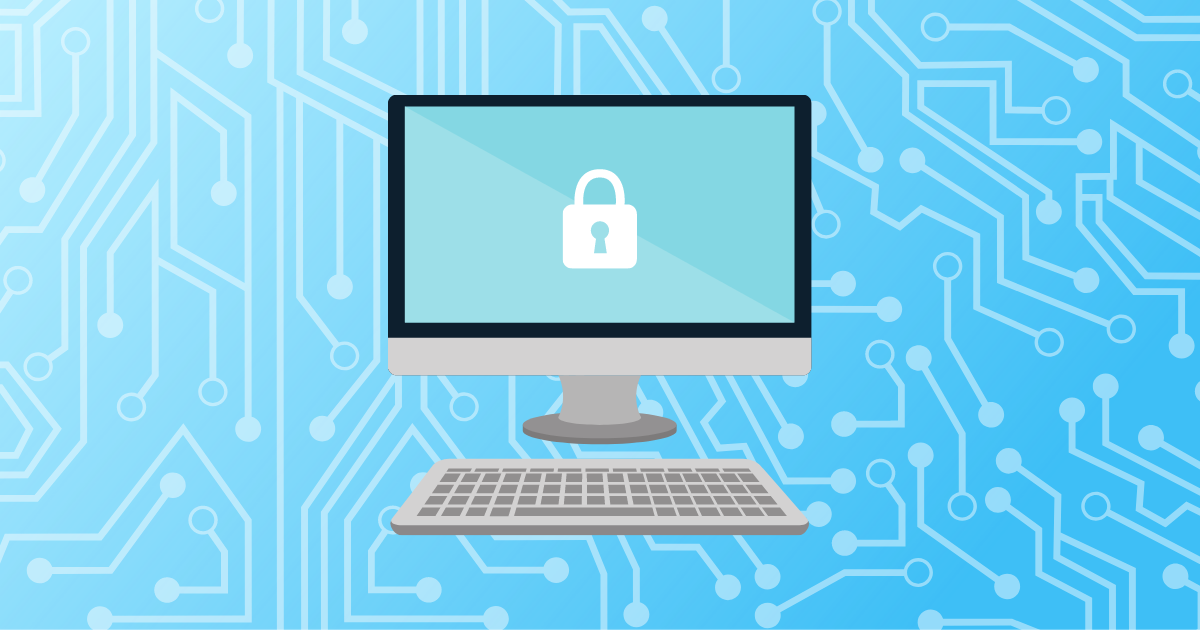If there’s one thing the right and the left can agree on it’s their dislike of Big Tech. Their grievances are often different; conservatives are concerned with censorship and liberals are concerned with disinformation while both worry about the lack of competition. If there’s one thing Ted Cruz and Elizabeth Warren can agree on, it’s that Big Tech is out of control and needs to be reined in.
Multiple bills, including one by Rep. Lance Gooden (R-Terrell), have been introduced to regulate Big Tech. But actually doing so is easier said than done, and policymakers will have to take care to rein in tech companies without harming innovation or cybersecurity as a side effect.
Cybersecurity is a growing concern, with fears that Russia might use cyberattacks to retaliate against US support for Ukraine and economic sanctions. The potential for attacks on critical infrastructure is particularly worrisome in Texas, given its importance as a major energy supplier as well as its rickety power grid. “At the end of the day, Texas is a giant target,” said Doug Kelly, CEO of the American Edge Project. “Everything’s bigger in Texas, so you’re a bigger target, too.”
So far, Russia has refrained from launching cyberattacks against the United States. States. However, Russian hackers have already been probing Texas’ energy infrastructure and they could launch an actual attack if Putin decided he wanted to. “They haven’t attacked because right now, Putin doesn’t think it will help them,” said James Lewis, director of the Strategic Technologies Program at the Center for Strategic and International Studies. “If he changes his mind. They’ve done the reconnaissance that will let them disrupt critical infrastructure.”
There’s also the possibility that Moscow will use cybercriminals as proxies. Indeed, the Colonial One pipeline hack was done by a criminal group, not a government agency, and ransomware attacks are an increasingly serious problem. “The Russians might calculate, ‘we want to punish the Americans, but we don’t want to have our fingerprints on it directly so let’s have our pet cybercrime groups do it,’” Lewis told the Signal. “There are general rules that the Kremlin has set that these guys have to follow and one of the rules is, if we asked you to do us a favor, do the favor or go to jail.”
Large tech companies are pouring money into cybersecurity and perhaps more importantly act as gatekeepers. The digital gatekeeper role is controversial given the amount of power it gives to certain tech companies, but said companies also block malicious apps that hackers use to gain access to devices. “If you can download things on your phone that haven’t gotten any scrutiny, we know from experience that the Russians and the Chinese will exploit that,” said Lewis. “I get Apple and Google charge too much to get access to the app store but they also provide a valuable service and weed out a lot of the bad actors. So is there a way to fix one problem without destroying the other?”
The other concern is the impact efforts to regulate tech companies will have on innovation. As the United States faces an intense technological competition with China, staying ahead in the innovation game will be crucial for both economic prosperity and national security. No one wants to hurt innovation but the exact impact Big Tech has on it is controversial. Many argue that large tech companies crush competition and make it hard for innovative new players to succeed. Companies like Amazon, Apple, and Facebook famously started out as small, scrappy startups before becoming giants that took the world by storm. It’s difficult to see how a company formed in a garage or dorm could make a similar journey today.
On the other hand, many startups have no intention of making it on their own and want to be acquired by a larger company. “Investors are willing to put money behind a great idea, especially in the tech sector, if they realize somebody like Google or Amazon could purchase this company, and that makes them realize that they get a really high rate of return,” said Kelly. ”Some of these bills in Congress prohibit the biggest companies from engaging in the mergers and acquisition market so if I’m an investor, and ‘I realize, okay, this, this small startup in Austin, can no longer be bought by a Google or an Amazon,’ that’s going to depress the rate of return, that’s gonna hurt the company’s ability to raise money. And so it’s going to have a kind of a chilling effect on the startup community overall.”
There are still legitimate concerns with Big Tech, so the question is whether policymakers can avoid throwing the baby out with the bathwater. Kelly suggested letting current antitrust cases against tech companies play out first before Congress tries to change the laws. Another policy that would help deal with a lot of issues regarding Big Tech is stronger privacy laws regarding data. “Something that will give people reassurance and understanding of what’s going to happen with their data is to create a federal privacy policy,” said Kelly. “But Congress doesn’t want to touch that, that’s been going nowhere fast for a long time.”
Lewis agreed that Congress needed to act on data. “The biggest single problem is how we regulate data collection and use, that drives a lot of these issues,” he told the Signal. “You need to tell people, this is what I’m collecting, right and more importantly, you need to tell them this is what I’m going to do with your data.”
Data collection is more than just a privacy issue, it’s also a big part of how tech companies eliminate competition. “One of the big platforms collects data on who you’re selling to and then they turn around and use it against you, or they collect data on what products are selling best and then they turn around and commission their own products,” said Lewis. “So it’s our failure to govern data that’s put us in this mess.”
Unfortunately, current bills being proposed haven’t dealt with issues like data collection. Crafting such legislation will be very difficult and so far Congress hasn’t been willing to put in the effort in spite of a consensus that Big Tech must be reined in. “Everybody wants to regulate Big Tech, I want to regulate Big Tech,” said Lewis. “So there’s legitimate concerns that the bills don’t address them.”
William serves as the Washington Correspondent for the Texas Signal, where he primarily writes about Congress and other federal issues that affect Texas. A graduate of Colorado College, William has worked on Democratic campaigns in Texas, Colorado, and North Carolina. He is an internet meme expert.





